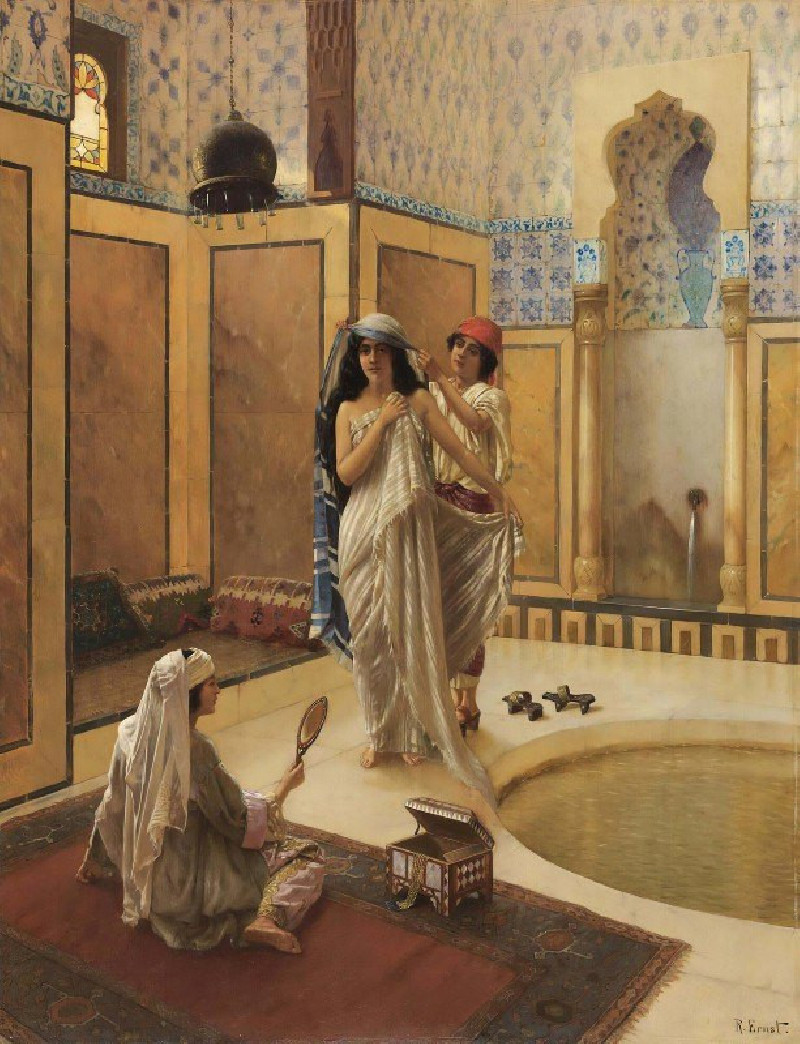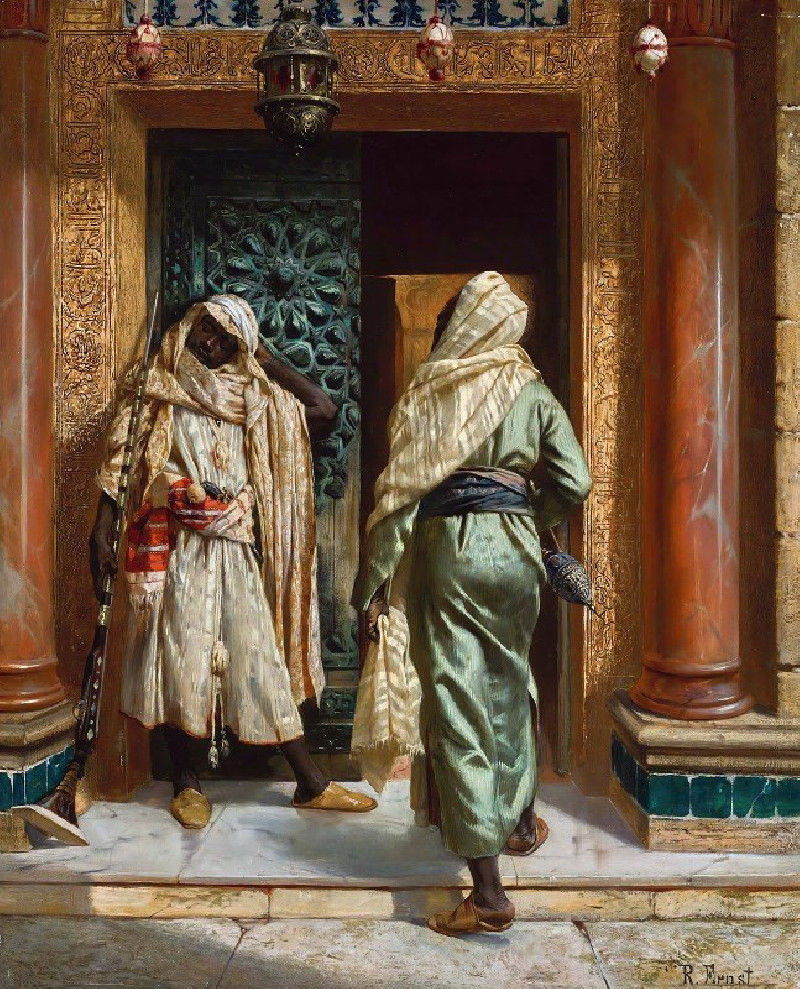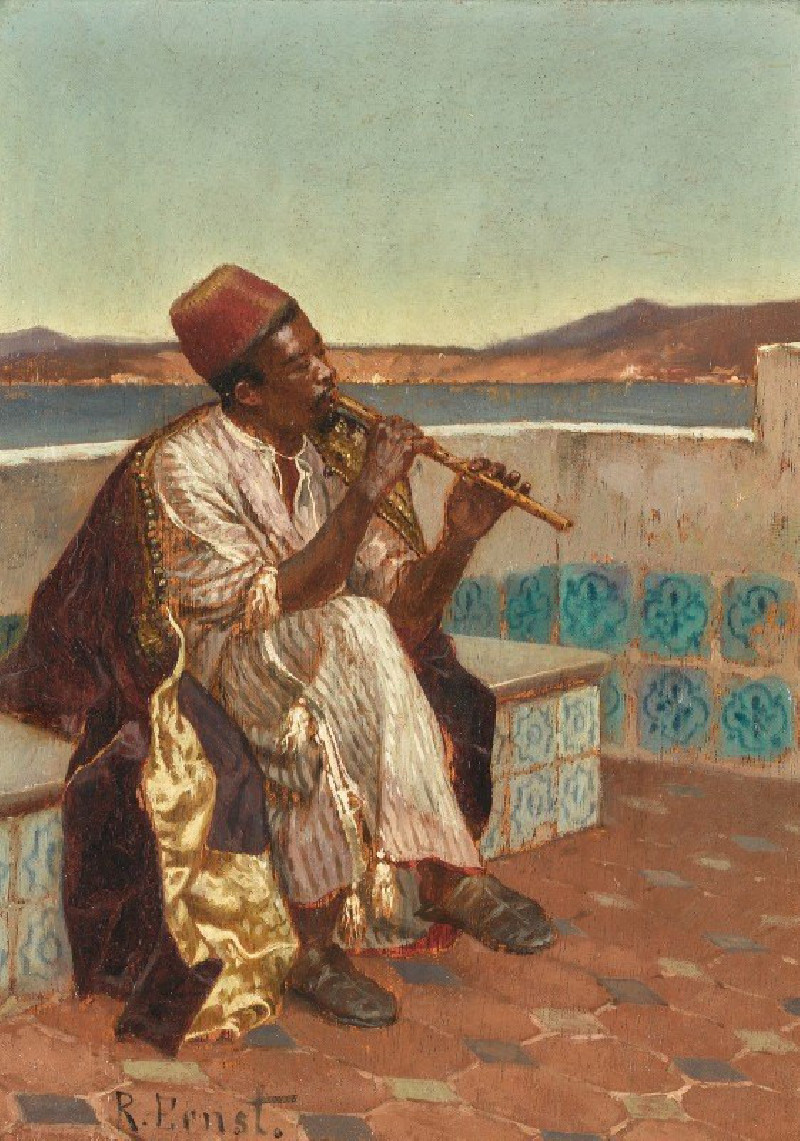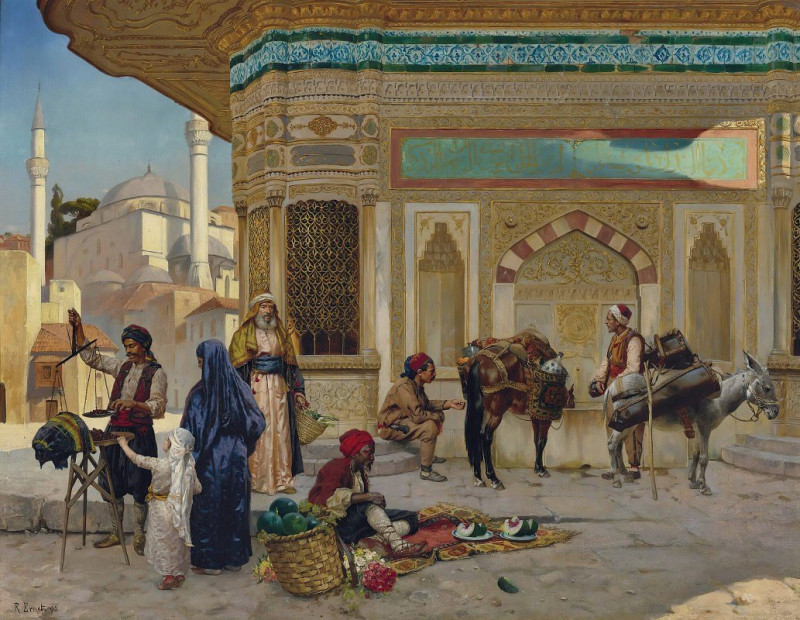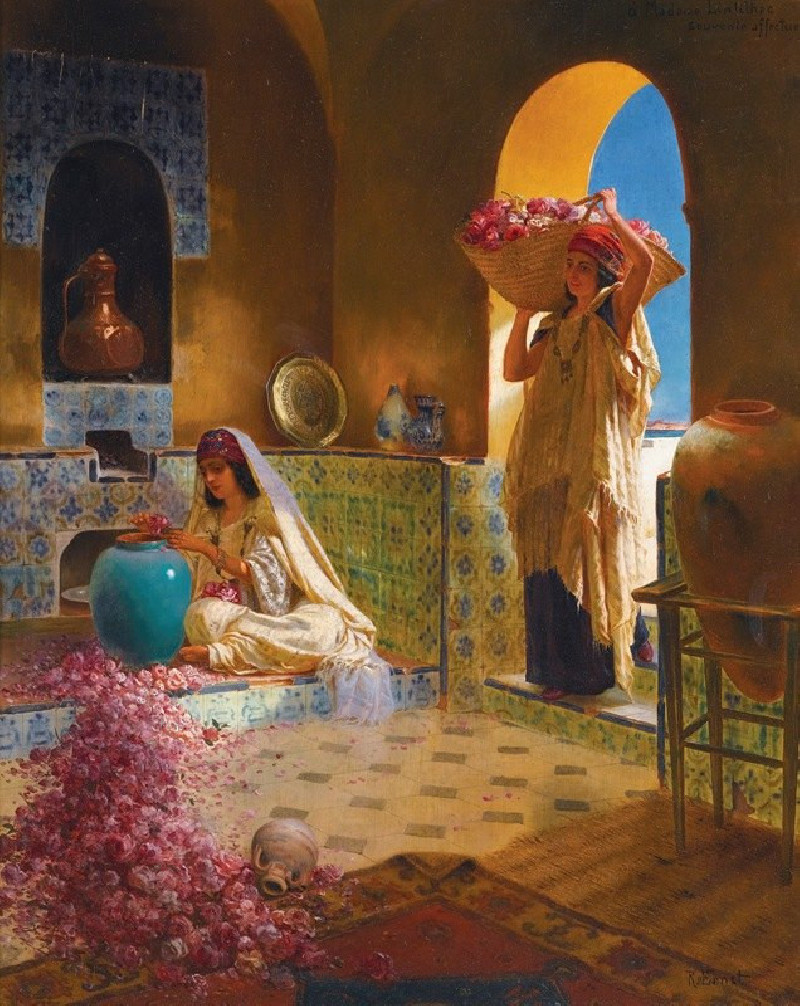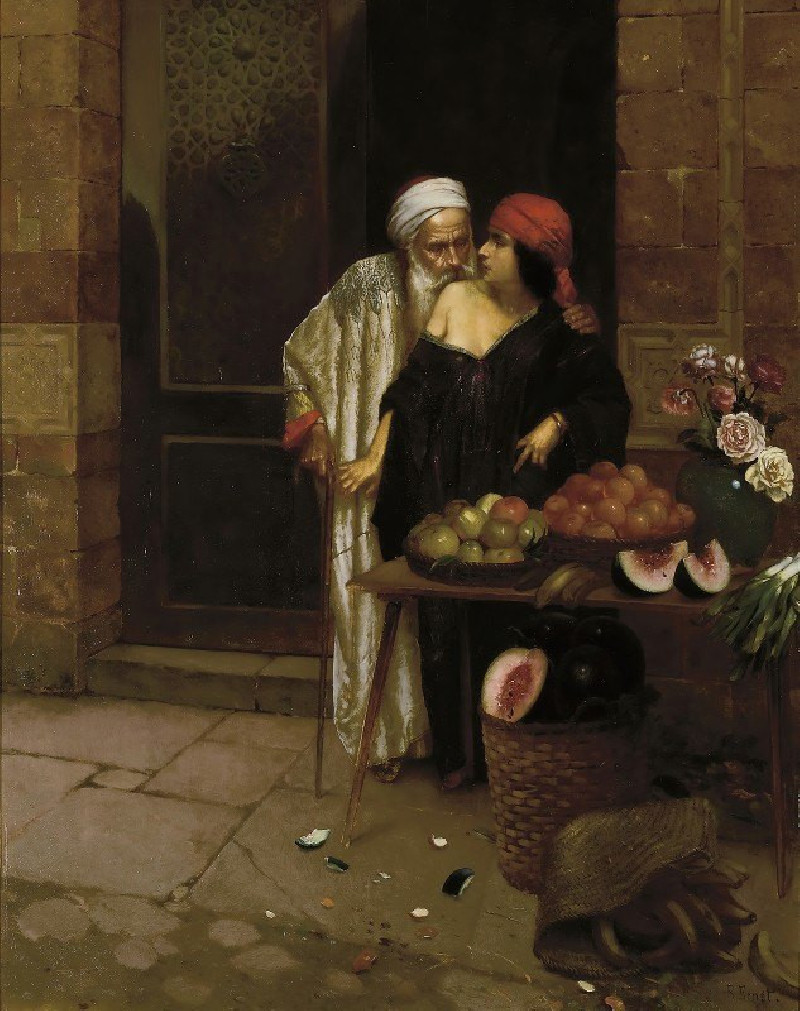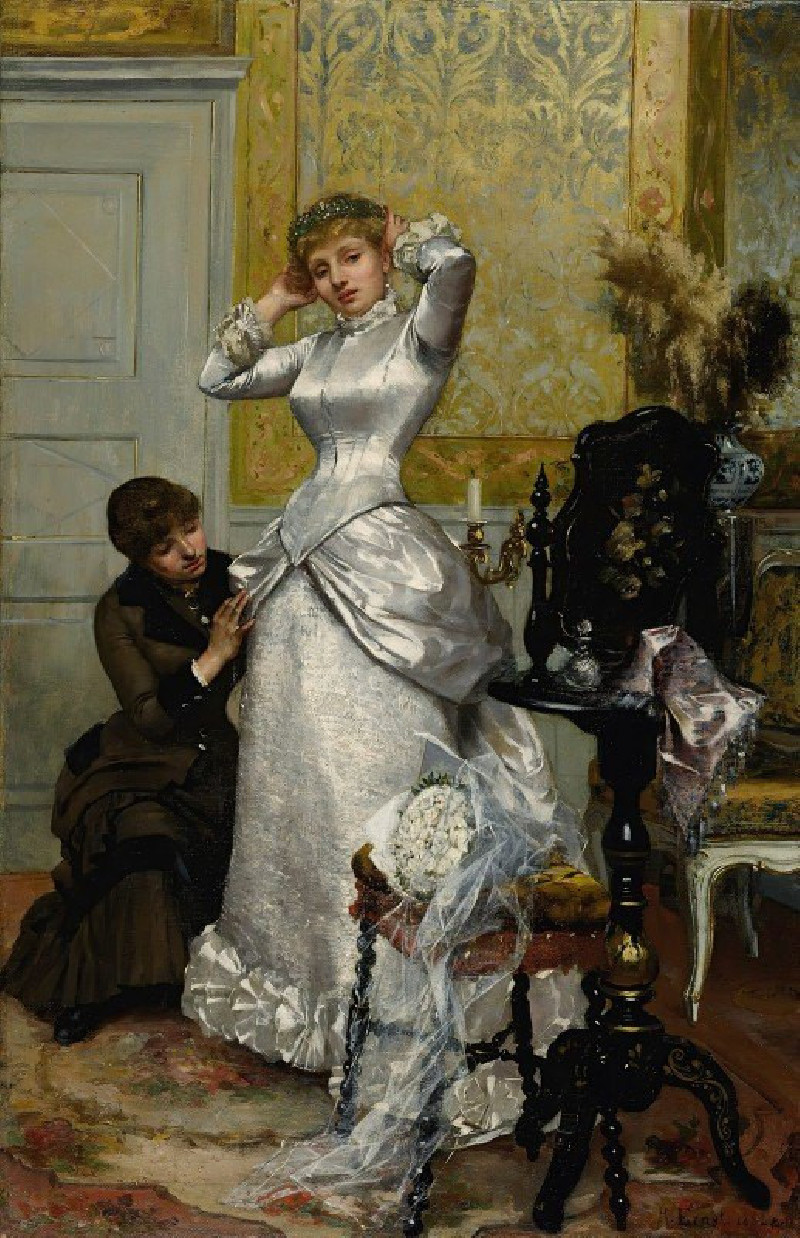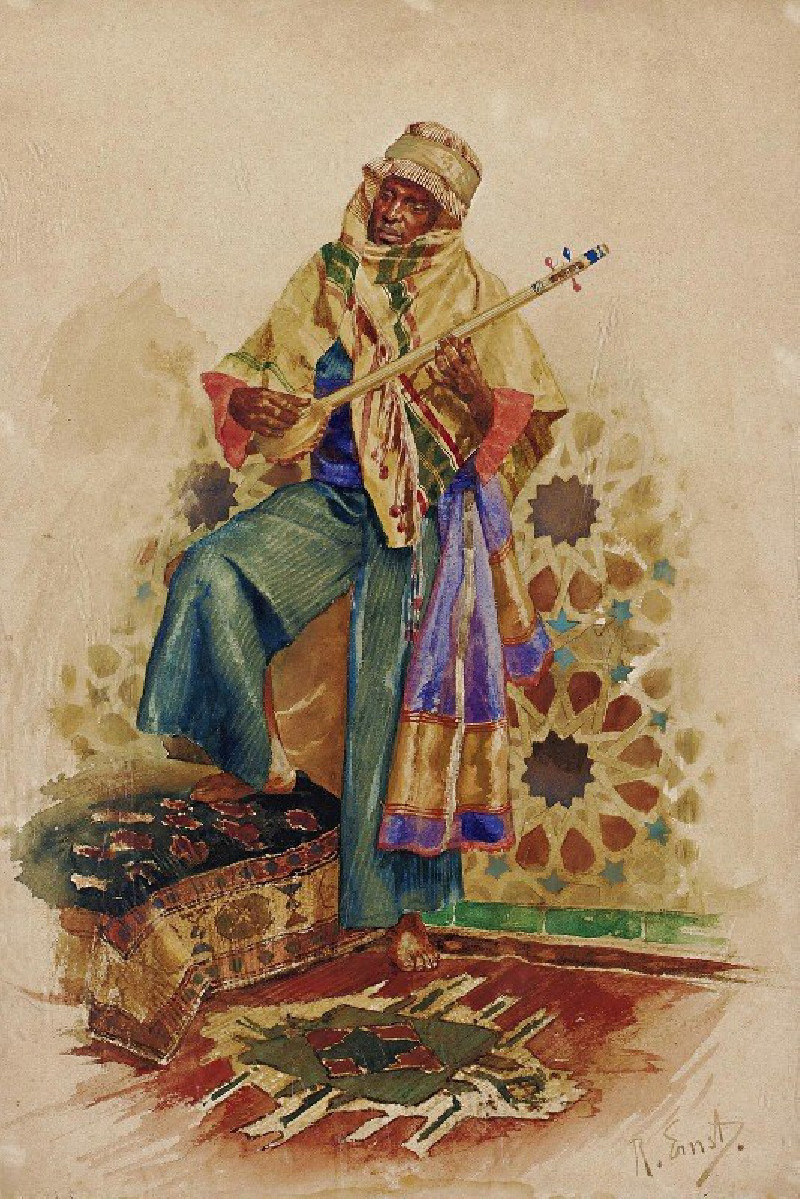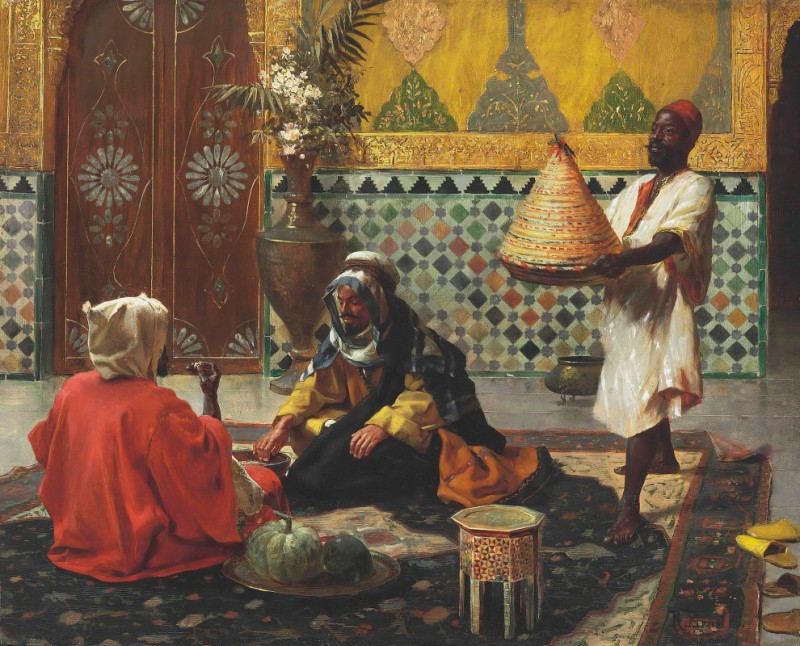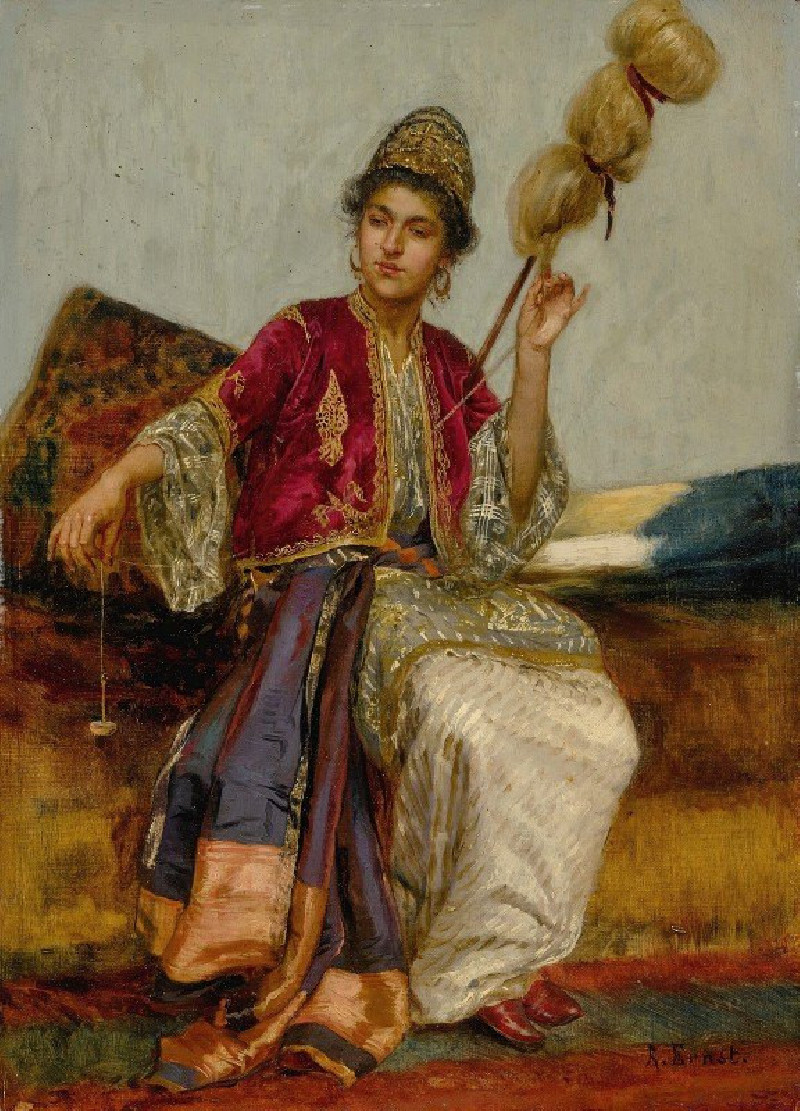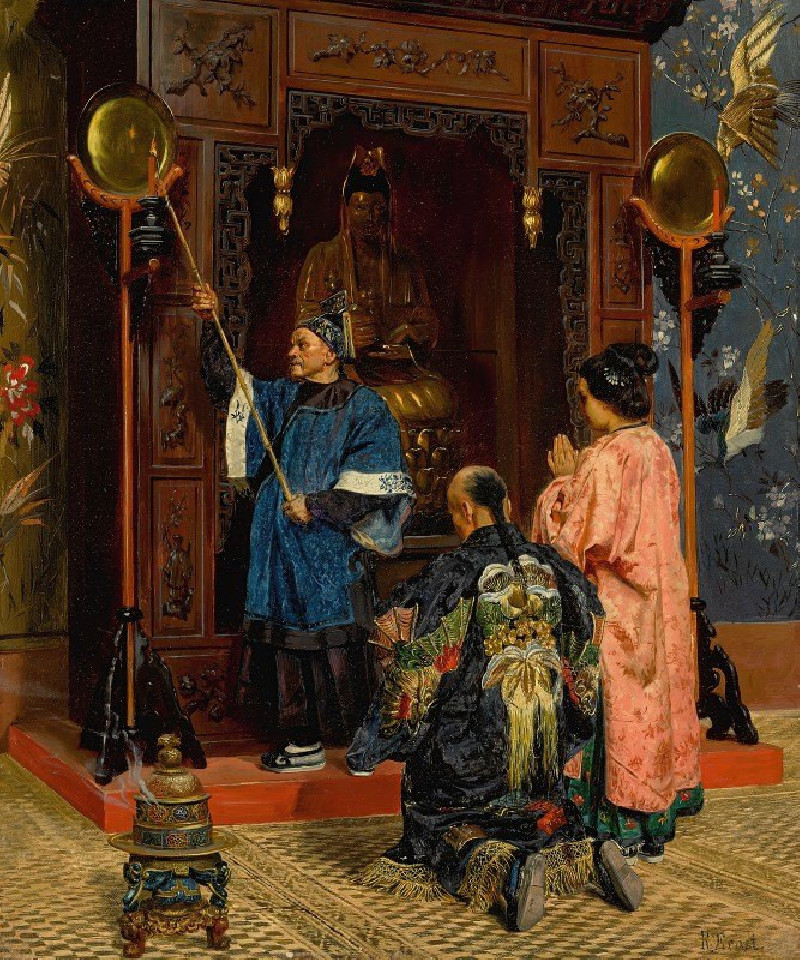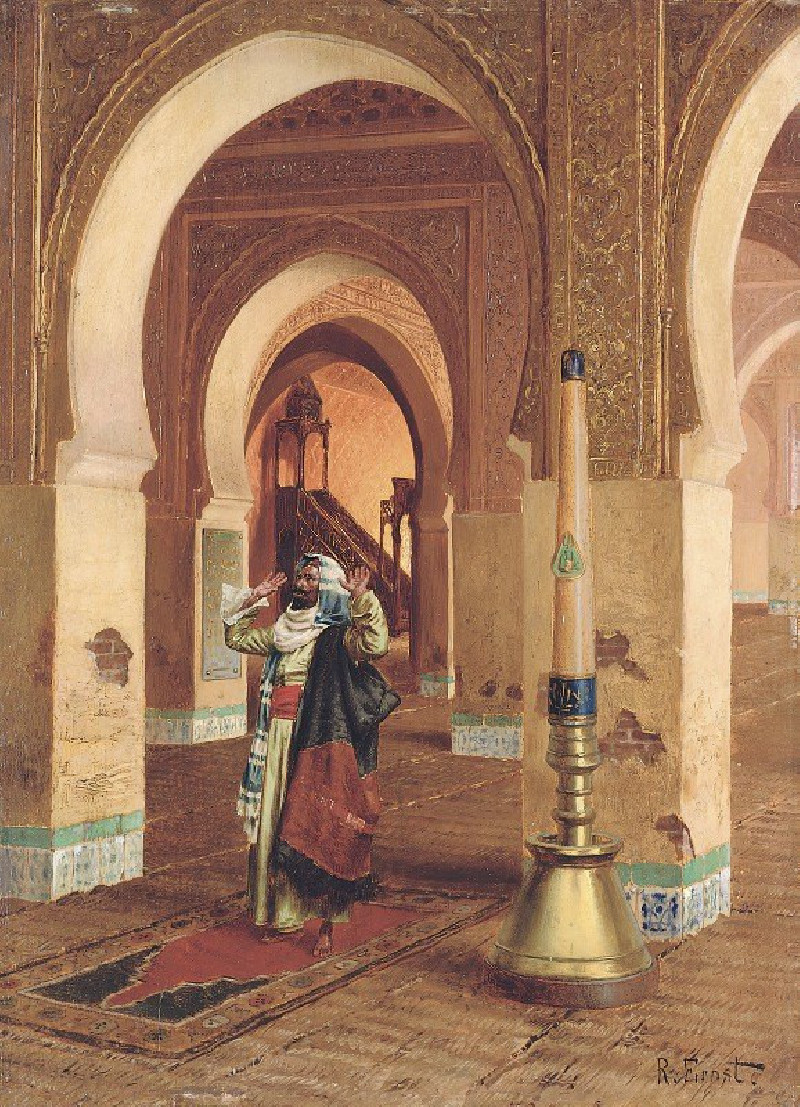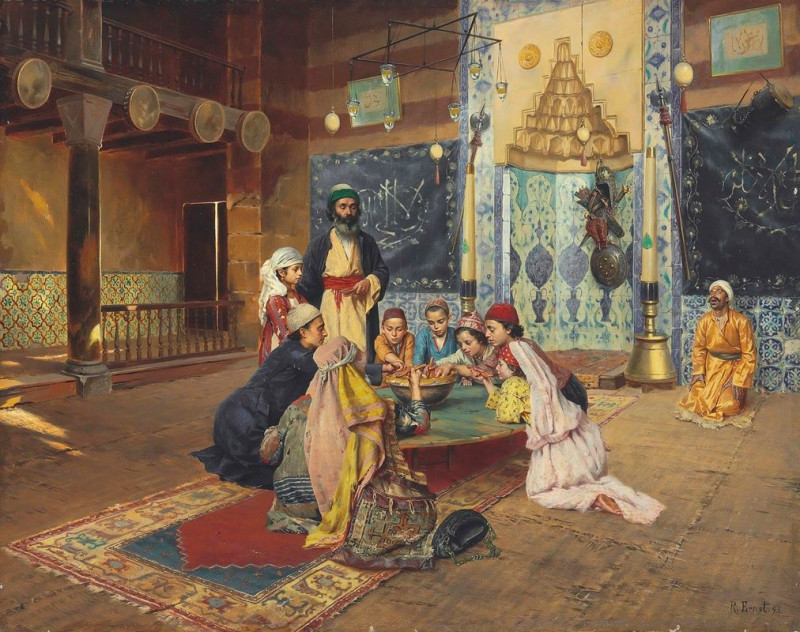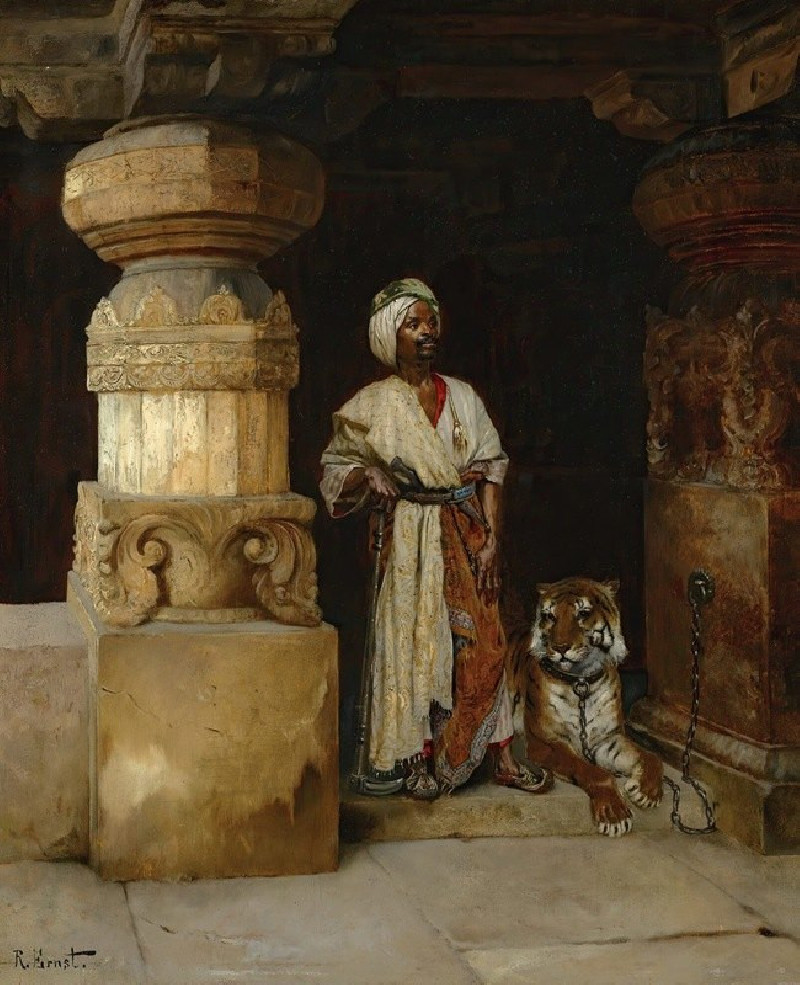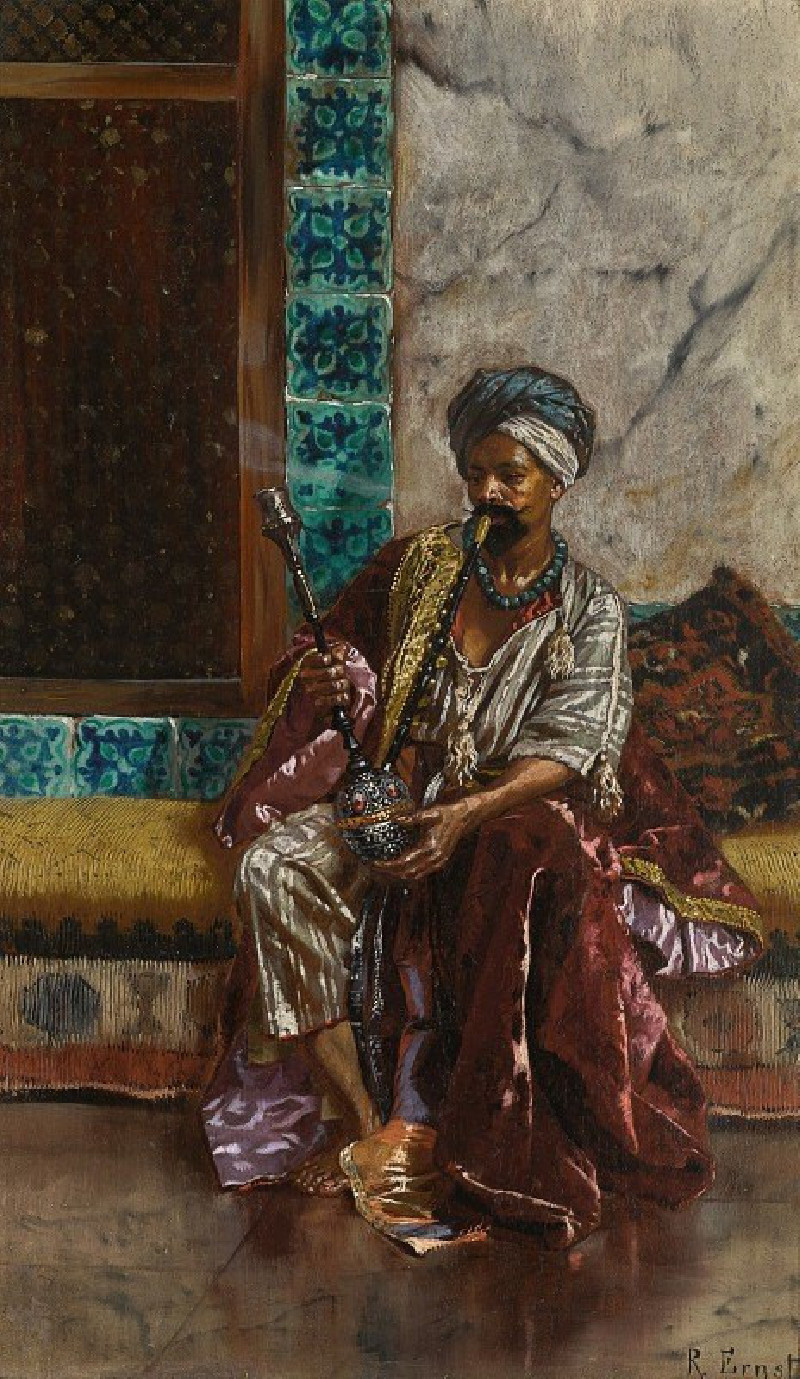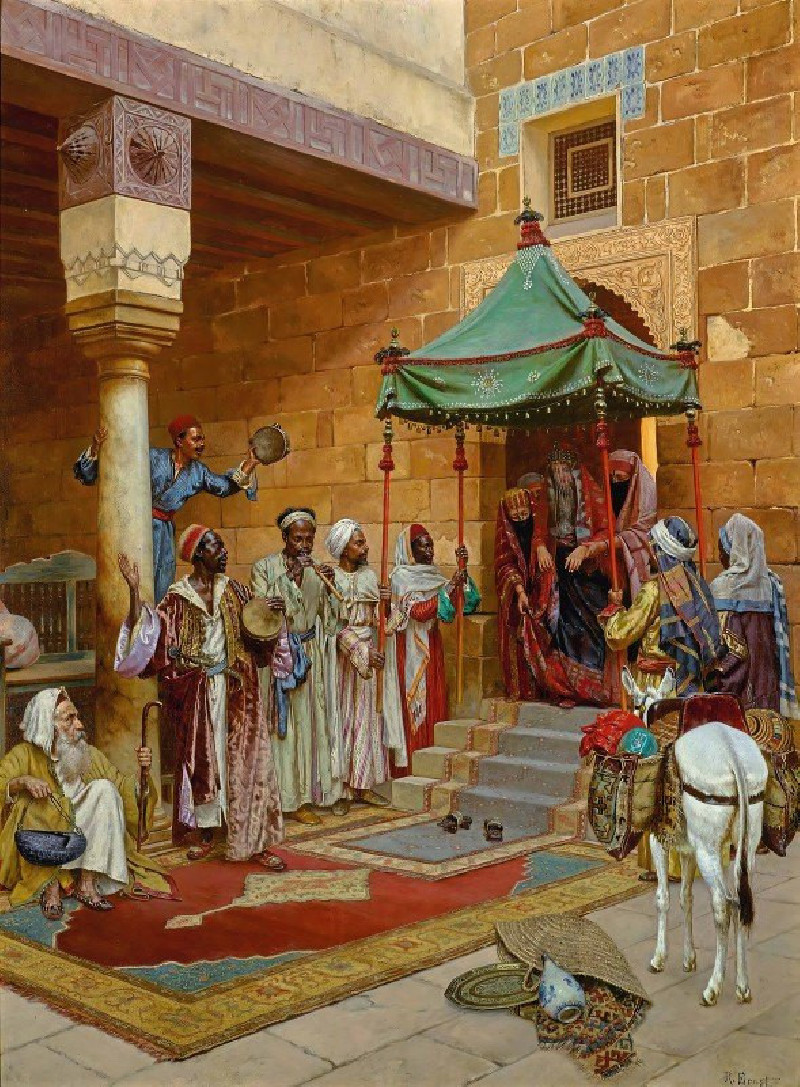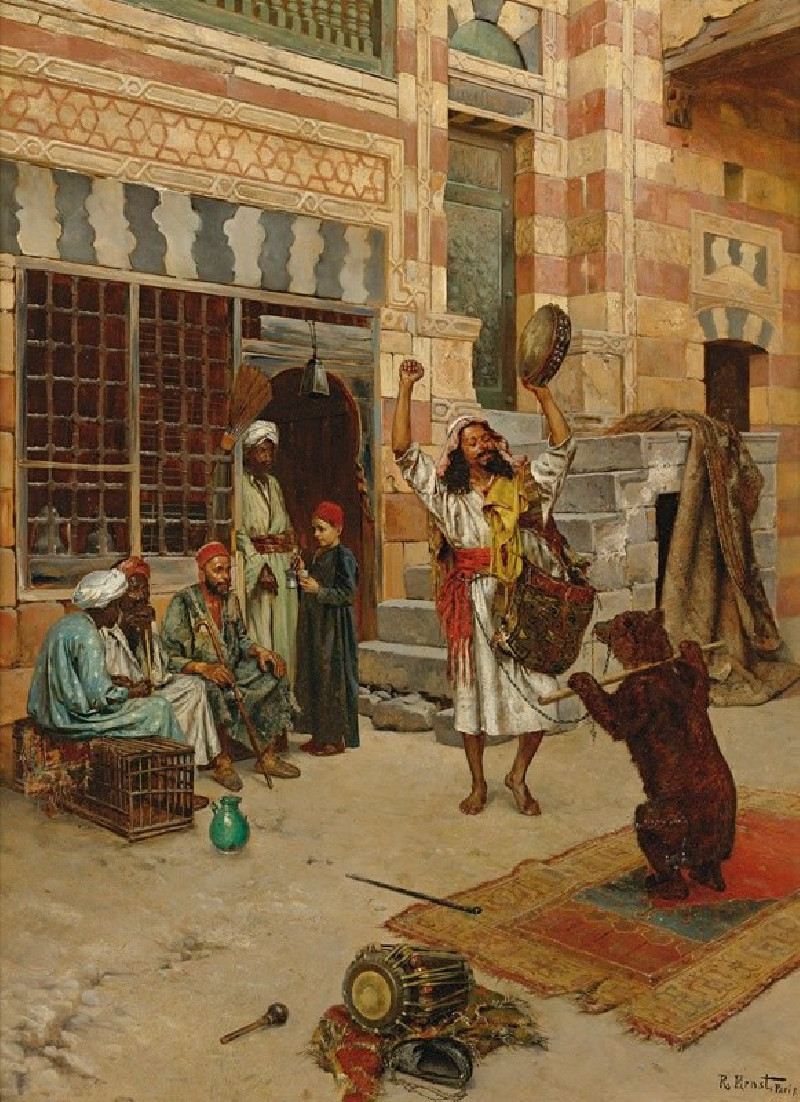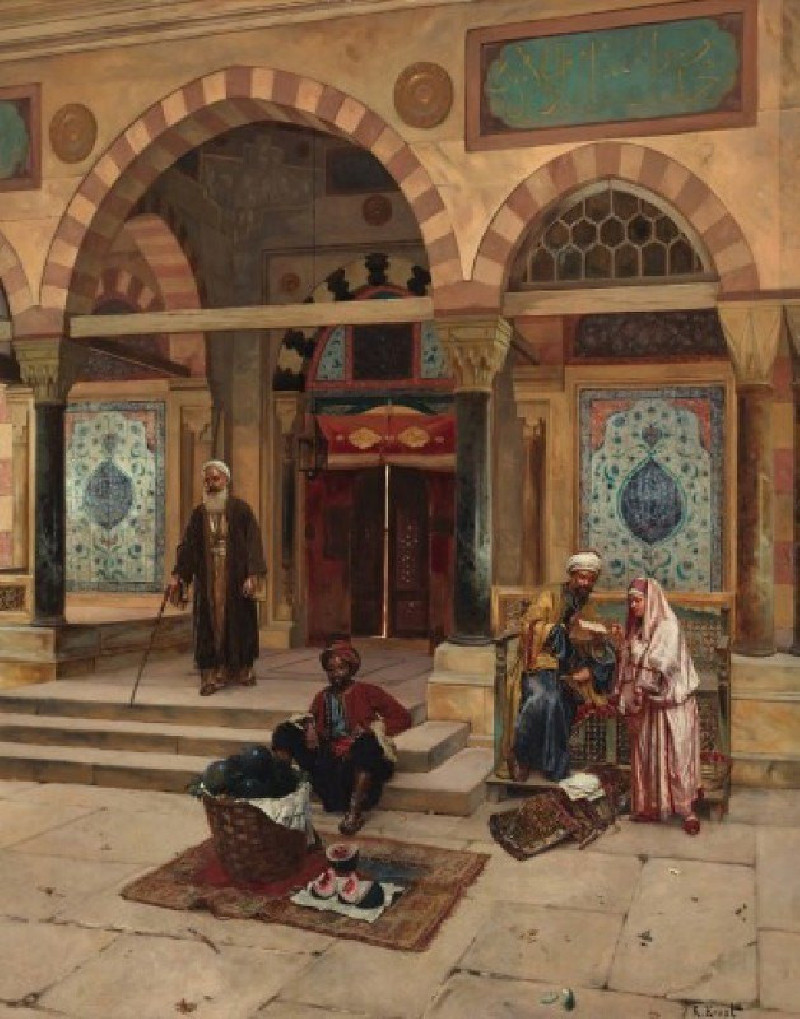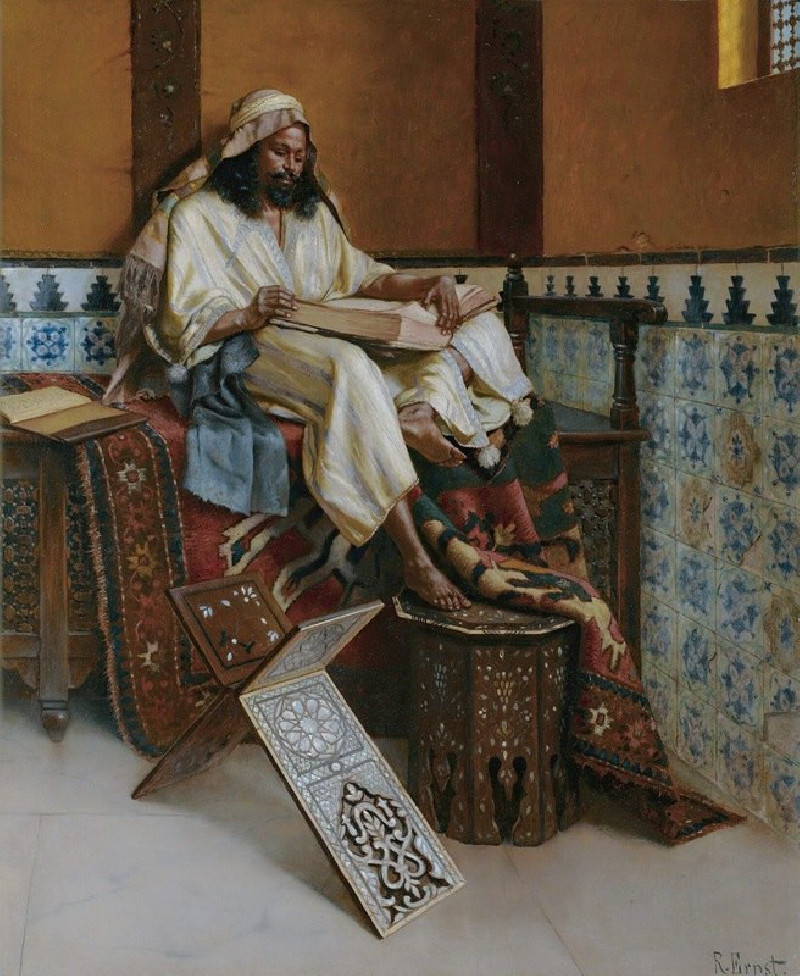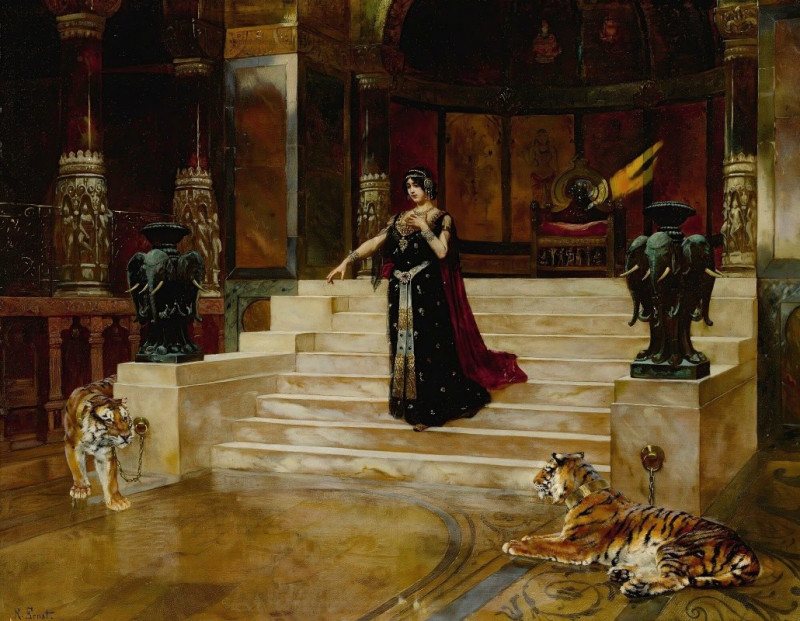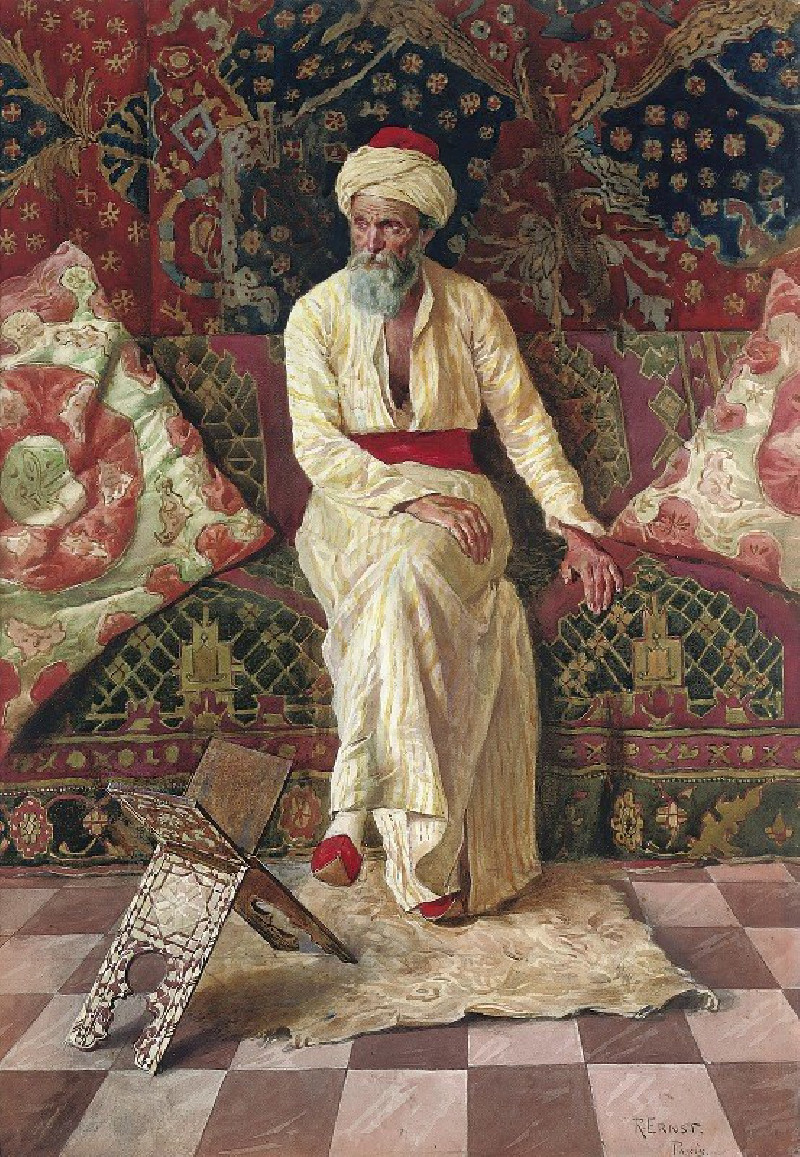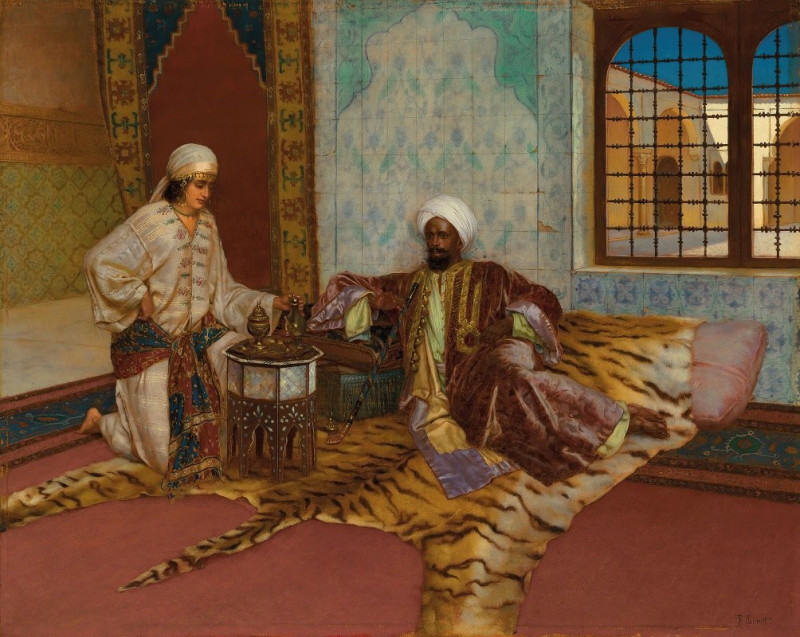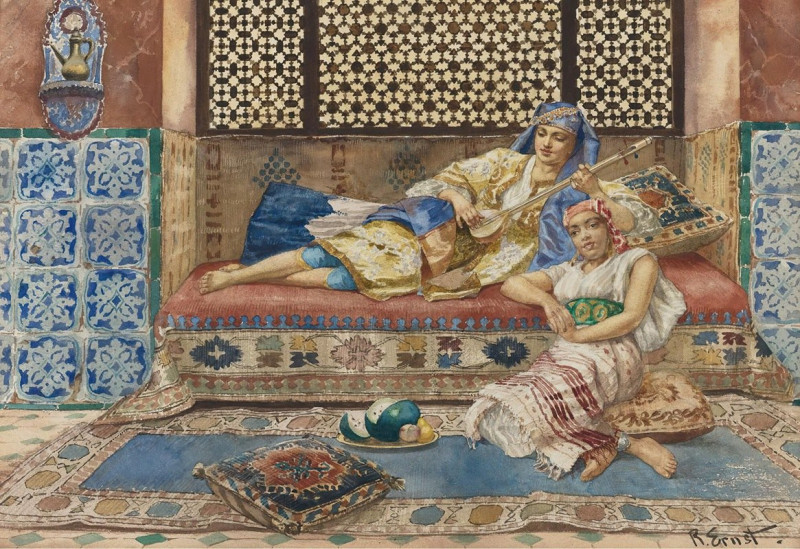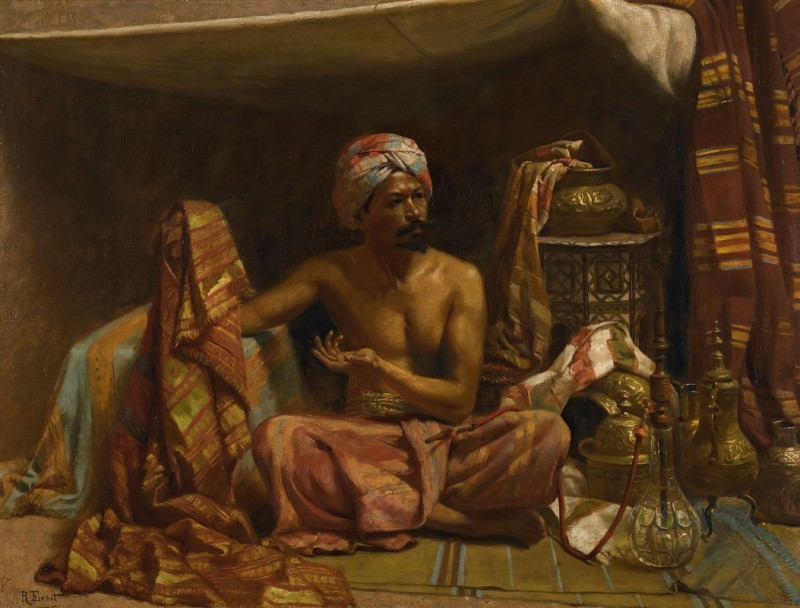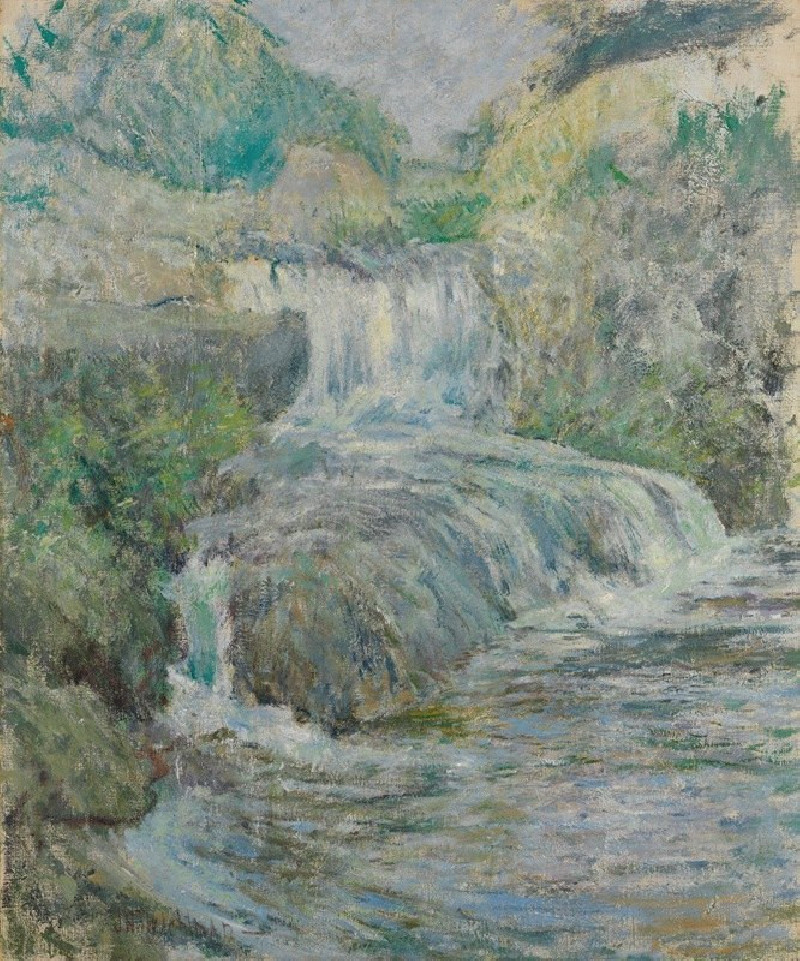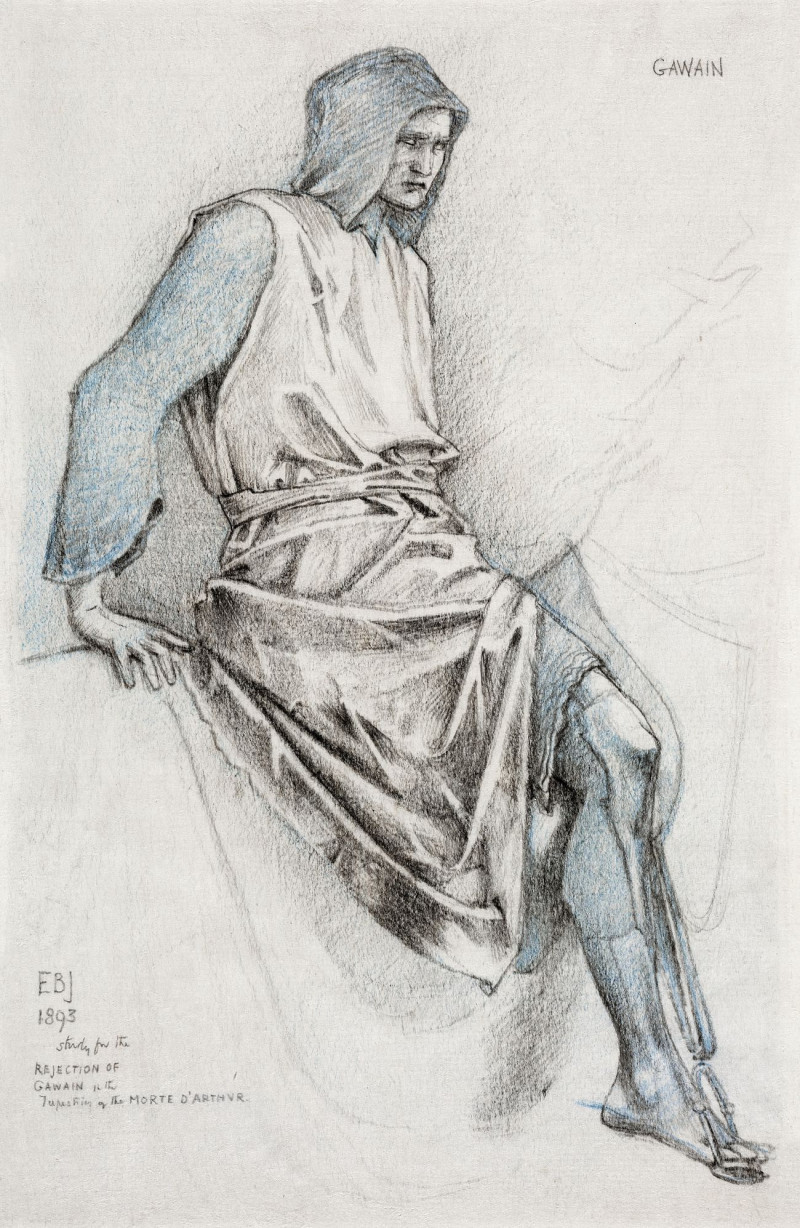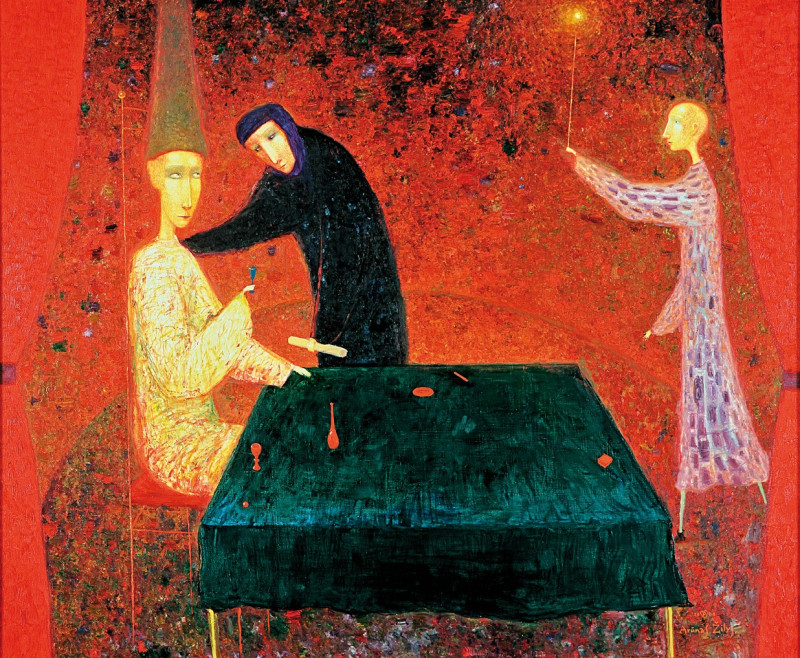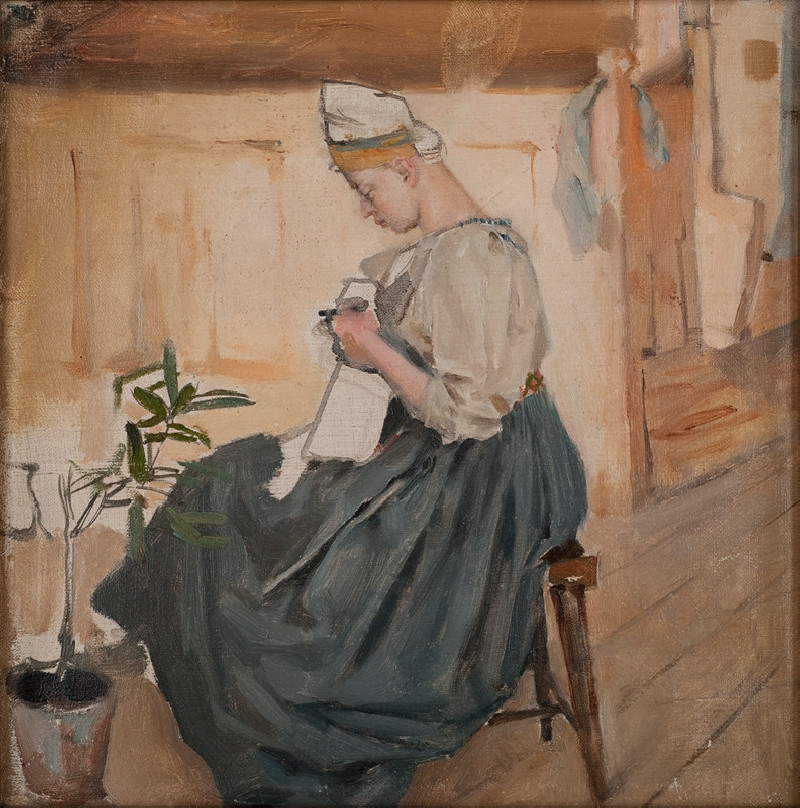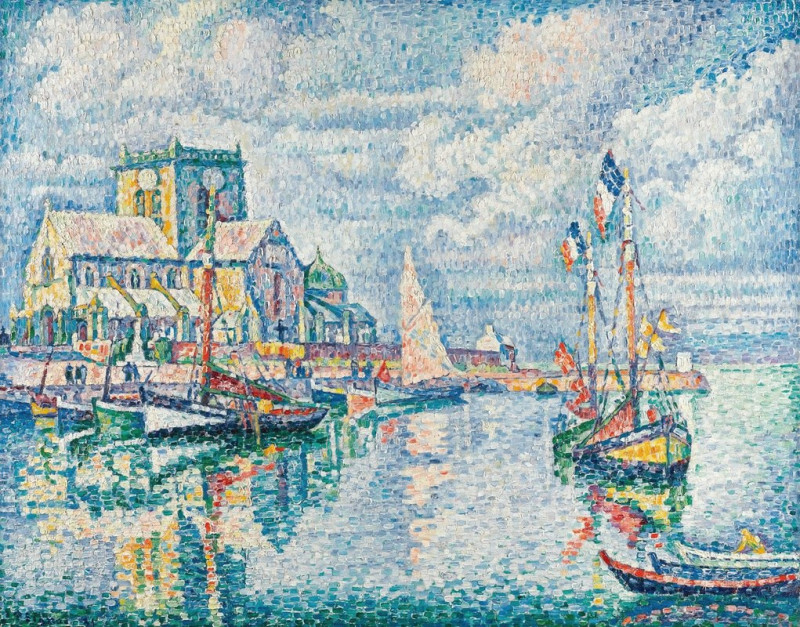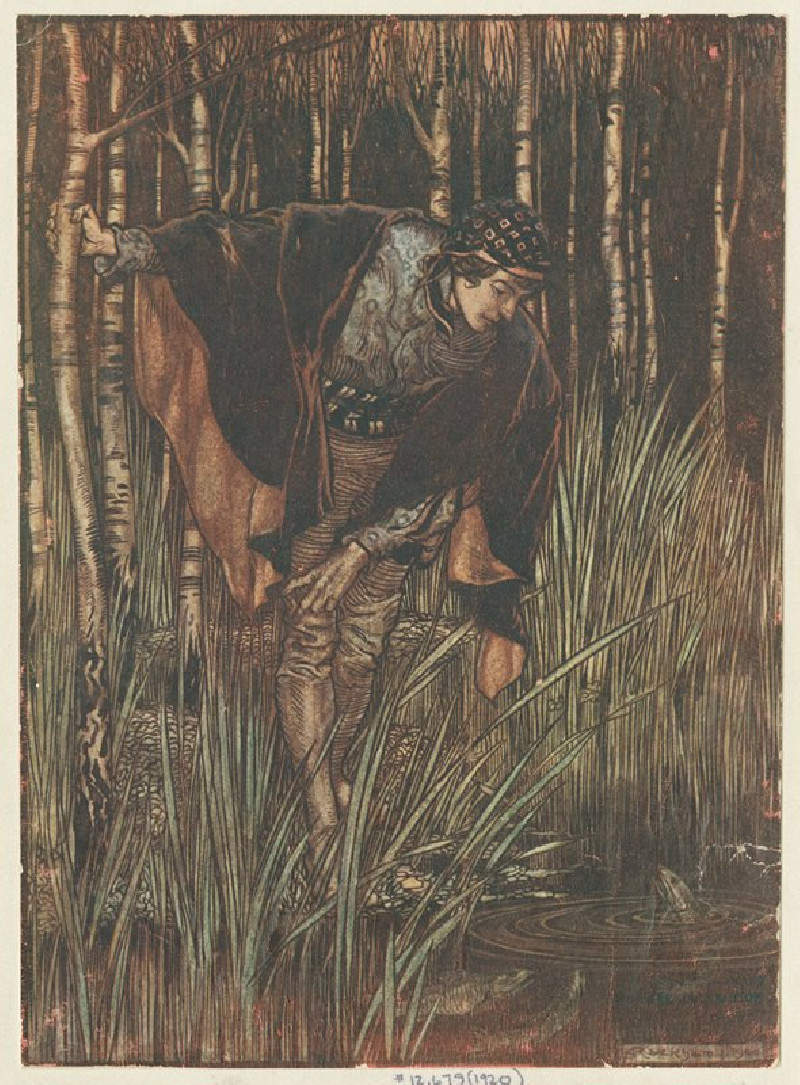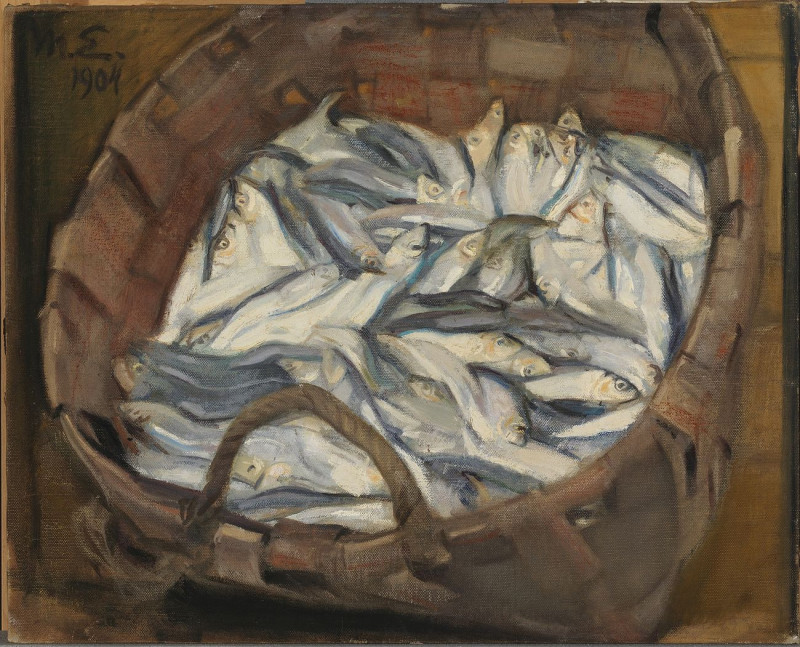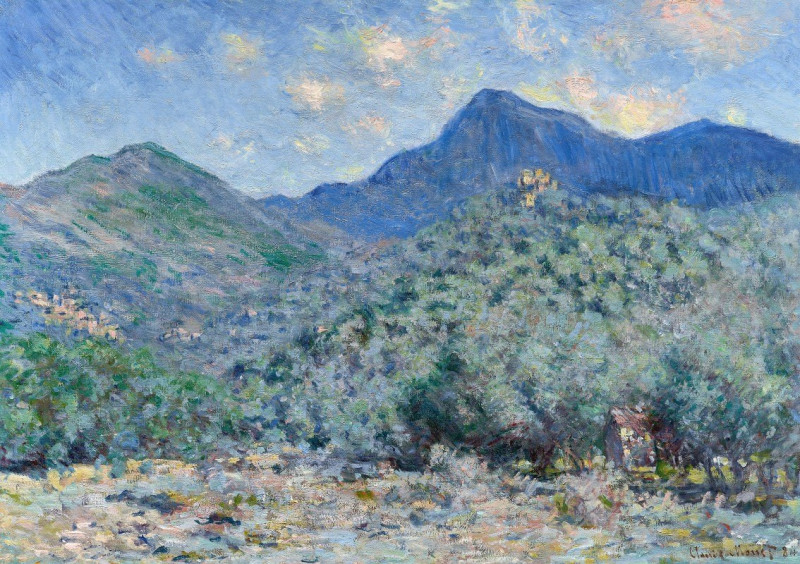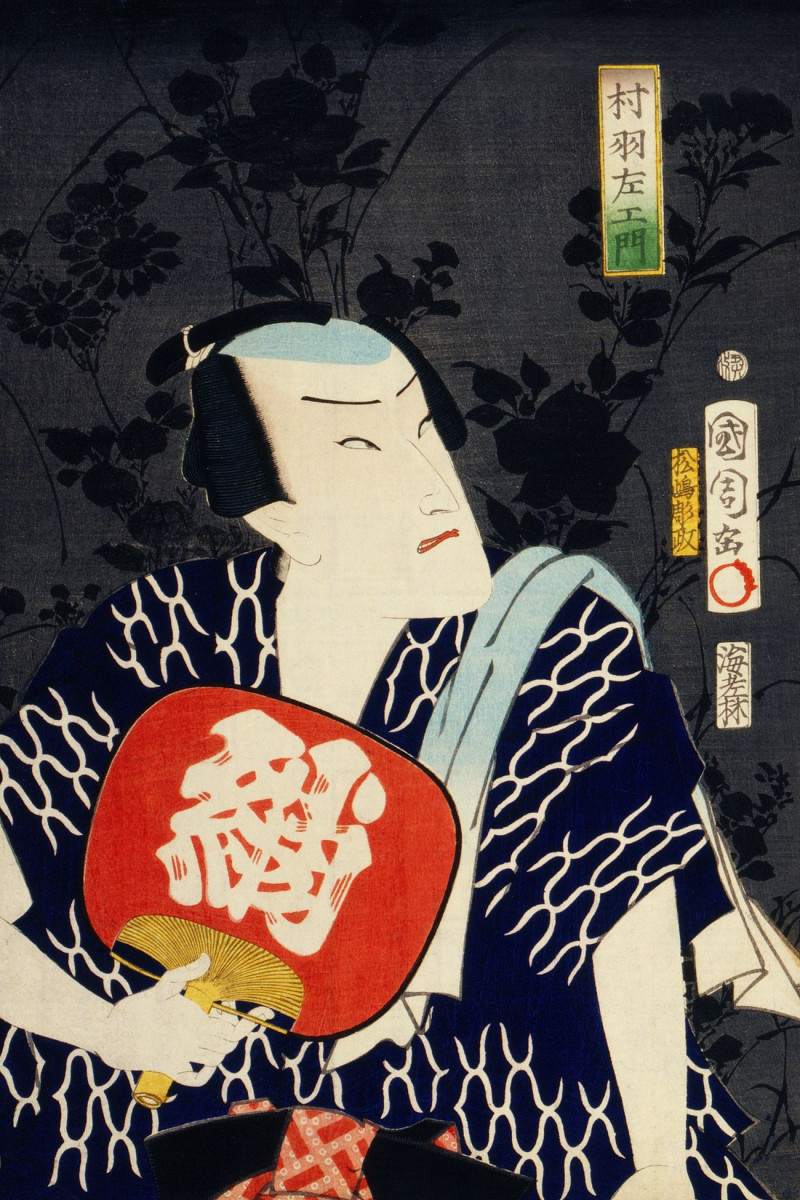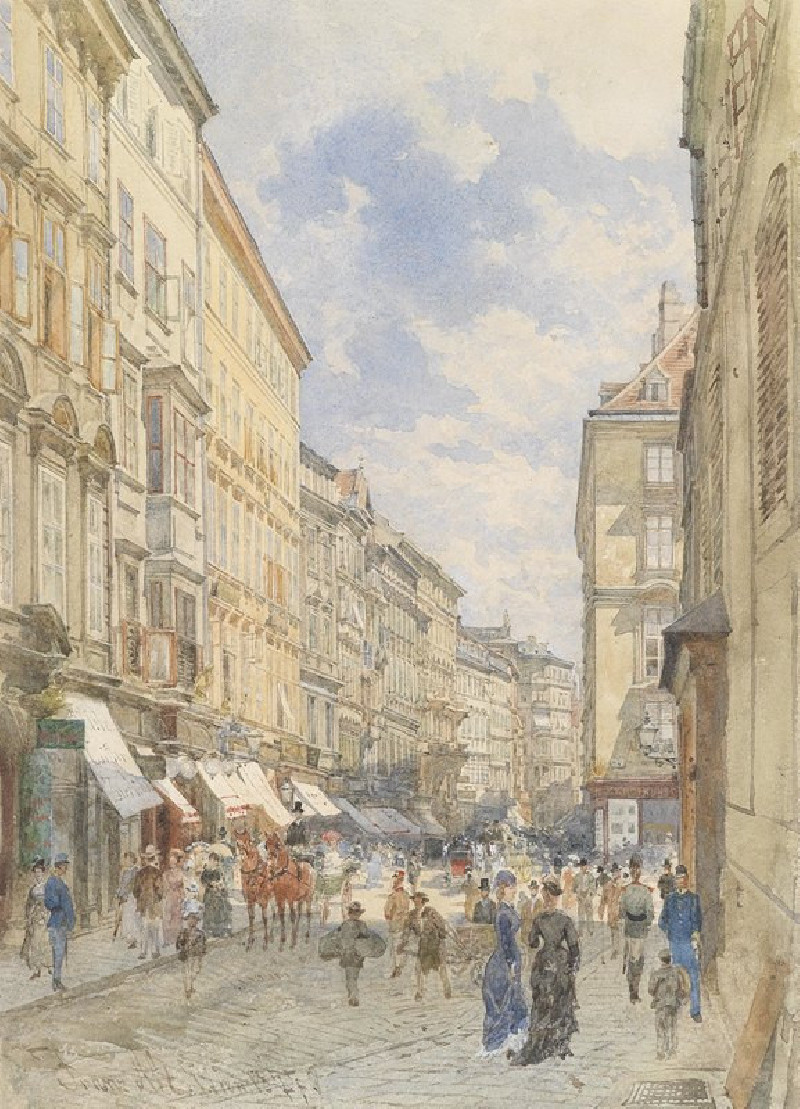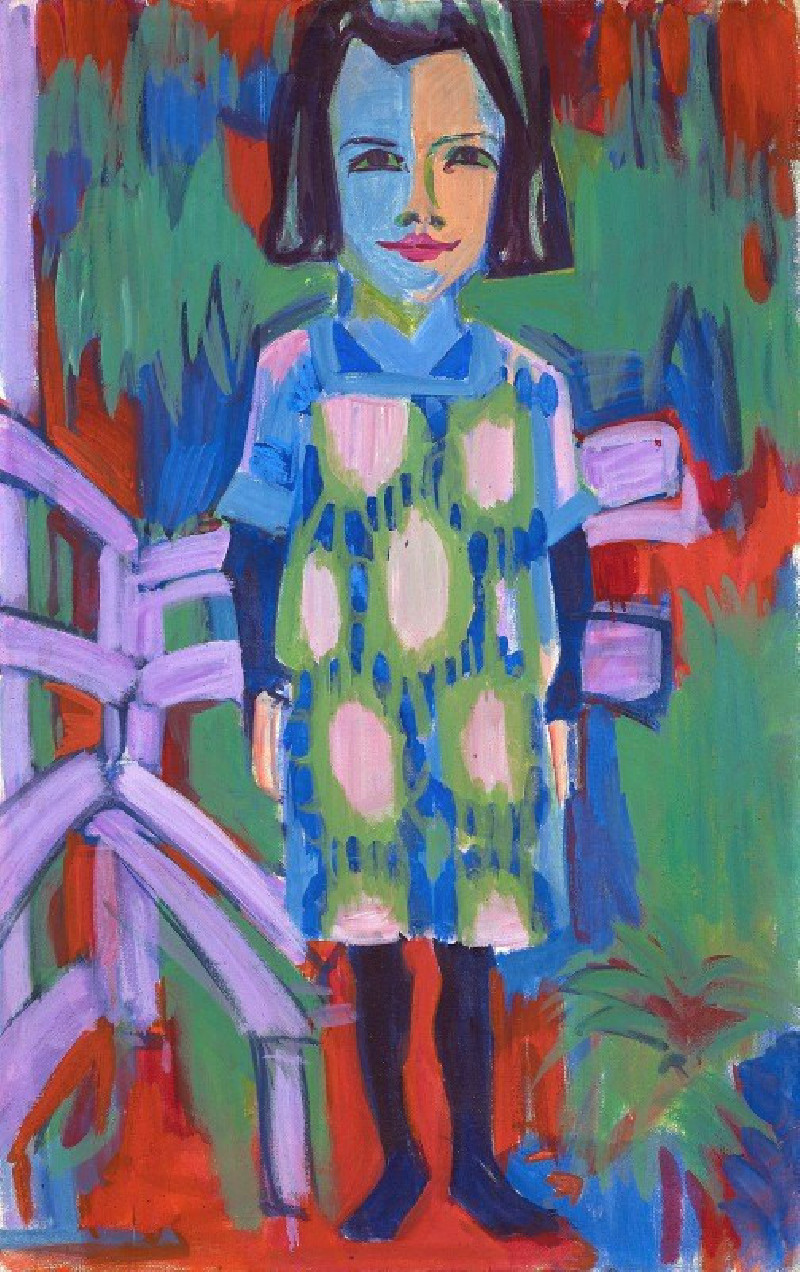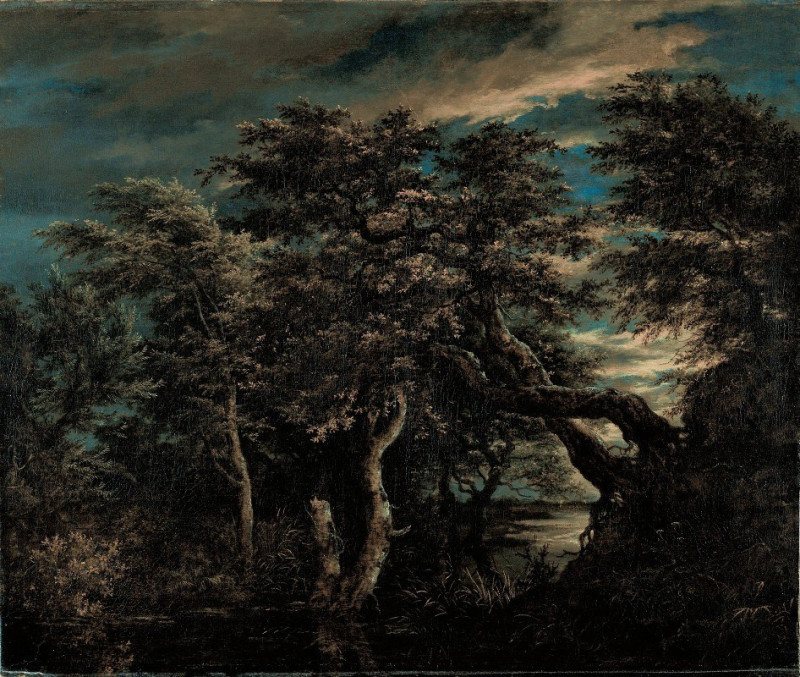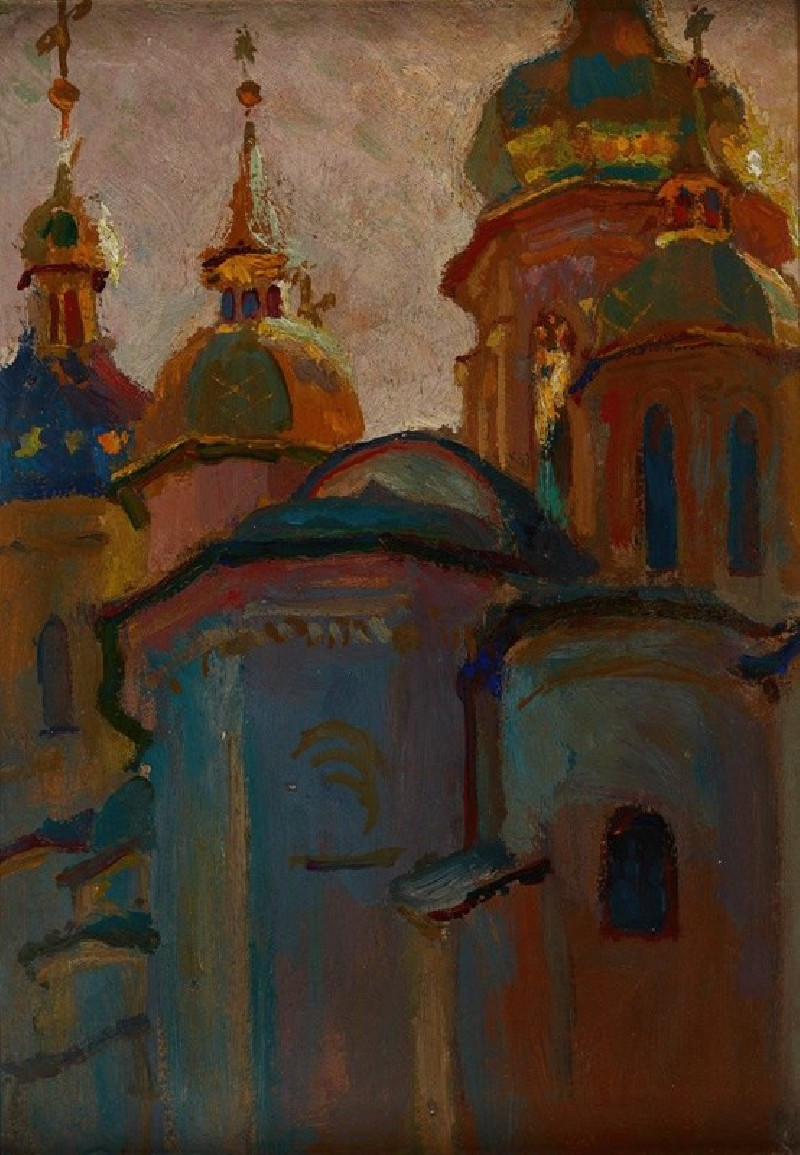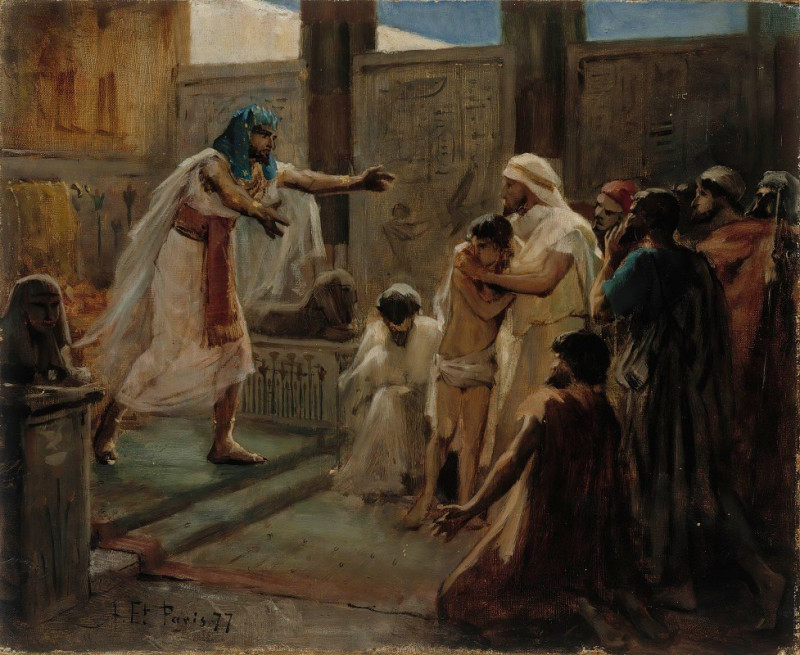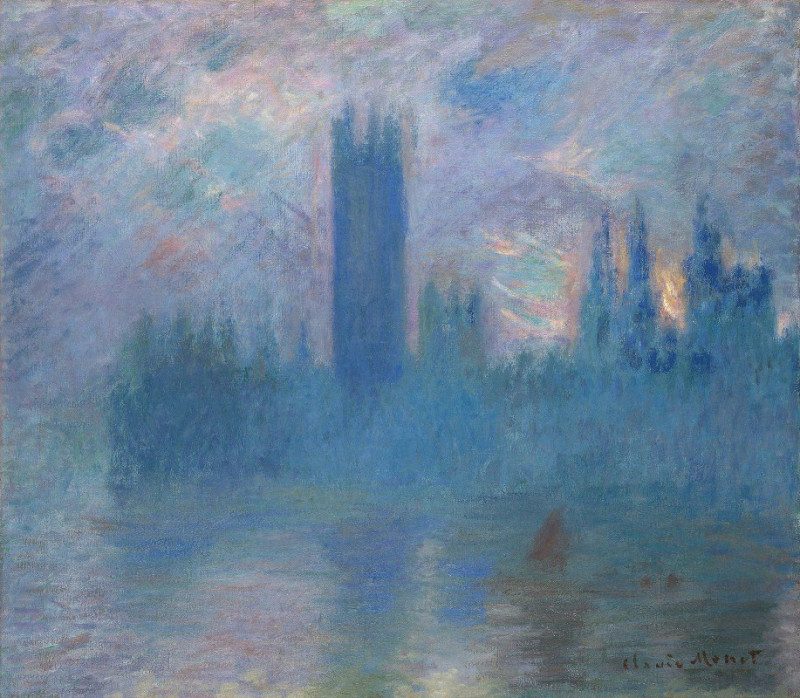After The Bath
Technique: Giclée quality print
Recommended by our customers
More about this artwork
Rudolf Ernst's enchanting painting "After The Bath" transports viewers into an exquisitely detailed oriental interior, rich with cultural ornaments and architectural nuances. The painting depicts a serene moment following a bath, where three women engage in intimate, everyday rituals. The central figure is delicately wrapped in a translucent, flowing garment, aided by another woman who carefully adjusts her companion's draped clothing. To the side, a seated woman with a mirror appears absorbed in personal grooming, adding a reflective, tranquil quality to the scene.The setting is adorned with intricate tiles and elegant Arabic arches, suggesting a luxurious Middle Eastern bathhouse. This backdrop serves not only as a vivid layer of cultural context but also enhances the narrative's sense of privacy and relaxation. Ernst's meticulous attention to detail—from the patterned textiles to the reflective surfaces of the water and mirrors—creates a visually immersive experience that highlights his mastery of both texture and light.
Delivery
Returns
Rudolf Ernst was an Austro-French painter, printmaker and ceramics painter who is best known for his orientalist motifs. He exhibited in Paris under the name "Rodolphe Ernst".
He was the son of the architect Leopold Ernst and, encouraged by his father, began studies at the Academy of Fine Arts Vienna at the age of fifteen. He spent some time in Rome, copying the old masters, and continued his lessons in Vienna with August Eisenmenger and Anselm Feuerbach.

